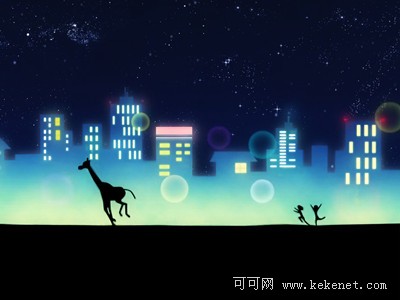我們把她葬在了她的摯愛Mr Weathers身邊。——《返老還童》
beloved adj. 心愛的
She is bewailing the loss of her beloved husband.
她在為失去心愛的丈夫而痛哭。
She refused to be parted from her beloved cat.
她拒絕和她心愛的貓分開。
Benjamin: I want you to have everything you want, all of it. I'm just not sure how to reconcile this...
我想讓你得到一切你想要的,我只是不知道怎么適應。——《返老還童》
reconcile v. 調和,妥協,適應,使一致
He had to reconcile himself to his fate.
他必須接受自己的命運。
We tried to reconcile her with her family.
我們試圖讓她和她的家庭和好。

Daisy: I was just hearing a very sad story about a mutual friend, who I hadn't seen for a very long time.
我剛聽說一個好朋友遇到了慘事,一個很久不見的老朋友了。——《返老還童》
mutual: 共同的,相互的
My friend and I have mutual enthusiasm for music.
我和我的朋友對音樂有著共同的愛好。
Let's give mutual support and inspiration to each other.
讓我們互相支持,互相鼓勵。
Nurse: Hurricane's changed direction. It's gonna make a landfall some time soon.
hurricane: 颶風
颶風改變了方向,即將在此登陸。——《返老還童》
landfall: 到達陸地,登陸,著陸
After three weeks crossing the Atlantic,they made landfall on the coast of Ireland.
經過三個星期橫跨大西洋的航行,他們登上了愛爾蘭的海岸。
This is the picture of Old Man Kangaroo at 5 in the afternoon, when he got his beautiful hind legs.
這是袋鼠老先生下午5點的圖片,那時他擁有了美麗的后腿。——《返老還童》
hind adj. 后部的,后面的
The hind leg of this horse was broken.
這匹馬的后腿斷了。
【詞義辨析】back, backward, hind, behind
這些詞均有“在后,向后”之意。
back: 作為副詞或形容詞時,強調所修飾物的位置以及動作運動方向。
backward: 可用于人或物,指向后的,落后的或遲鈍的。
hind: 指成對并且分前后的東西的“后面的”。
behind: 指一物同它物相對的位置或場所。











